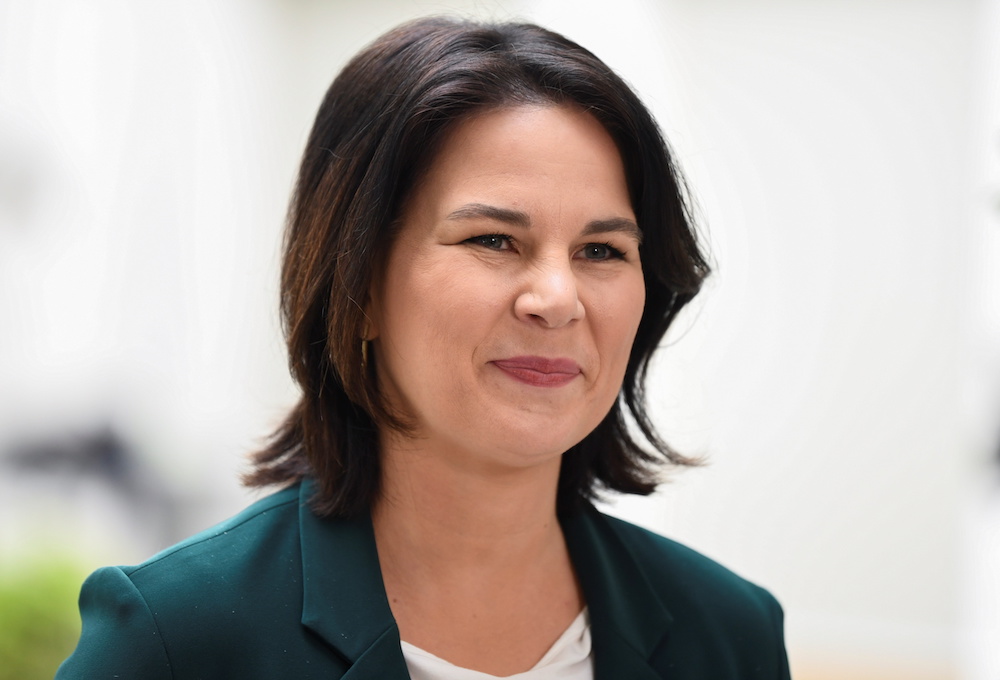BERLIN, April 7 — Germany’s opposition Greens party, currently surging in the polls, said today it would name its first chancellor candidate this month ahead of September’s general election to replace Angela Merkel.
The centre-left ecologist party said its leadership would tap one of its co-presidents, Annalena Baerbock or Robert Habeck, on April 19, with final approval expected at a party congress in June.
“We have a strong duo at the top with Annalena Baerbock and Robert Habeck for the general election 2021,” the Greens’ executive director Michael Kellner tweeted.
“And on April 19 we’ll present which of the two will take on the chancellor candidacy. #AllesistDrin (Anything’s Possible).”
While both Baerbock, 40, and Habeck, 51, have said they want to lead their party into the election, they have long stated they want to take the decision by consensus.
A poll by the Forsa institute today put Baerbock slightly ahead of Habeck in voter preference.
The Greens’ move throws down the gauntlet to Merkel’s ruling CDU/CSU conservatives, who have said they would name their top candidate between Easter last weekend and Pentecost on May 23.
The battle is between CDU chief Armin Laschet, who has repeatedly sparred with Merkel over coronavirus shutdown measures, and the far more popular CSU head Markus Soeder, who as Bavarian state premier has largely toed the chancellor’s line in the pandemic.
The CDU/CSU, which has played a dominant role in German post-war politics for decades, is polling at around 27 percent, with the Greens hot on their heels at about 23 percent.
The conservatives have suffered a dramatic reversal of fortune in the wake of the raging third wave of the virus outbreak, a sluggish vaccine rollout and a rash of corruption allegations against several MPs.
The numbers suggest the most likely election outcome would be a first-ever federal government made up of the conservatives and the Greens when Merkel retires after 16 years at the helm of Europe’s top economy.
But analysts haven’t ruled out a Greens victory.
If it shapes up to be a race of Laschet versus Baerbock, “the probability that the Greens may win and lead the next German government may rise from 25 percent to at least 30 percent and possibly to 35 percent, in our view,” Berenberg Bank’s chief economist Holger Schmieding said.
The Greens served as junior partners in a Social Democrat-led German government 1998-2005 and have occasionally linked up with the CDU at the state level.
The Social Democrats, trailing badly at about 15 percent, have named Finance Minister Olaf Scholz as their candidate for chancellor. — AFP






















